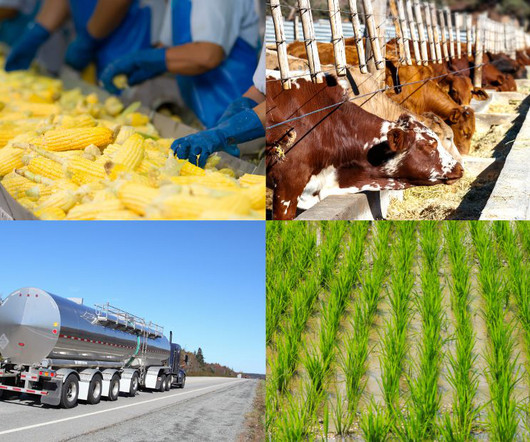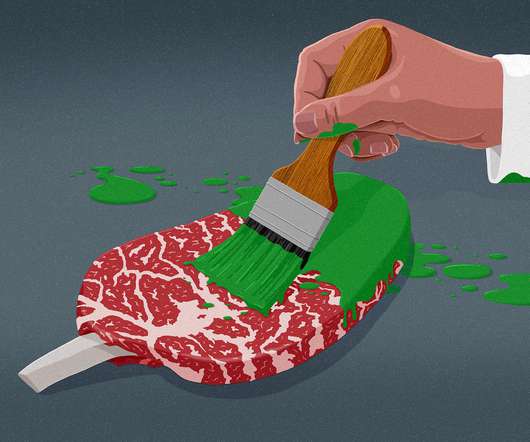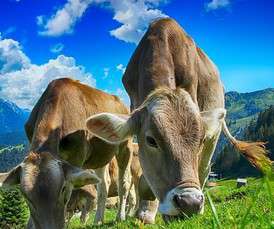Carbon-negative snack company AKUA offers kelp jerky and pasta
AGreenLiving
JANUARY 22, 2020
In recent years, seaweed has been quite a catch for health-conscious consumers, in turn, making kelp, a brown macroalgae, one of the more in-demand types of seaweed offerings. That made me think, ‘Wow, what if we could create a line of meat alternative products from one of the most sustainable sources of food on the planet?’















Let's personalize your content